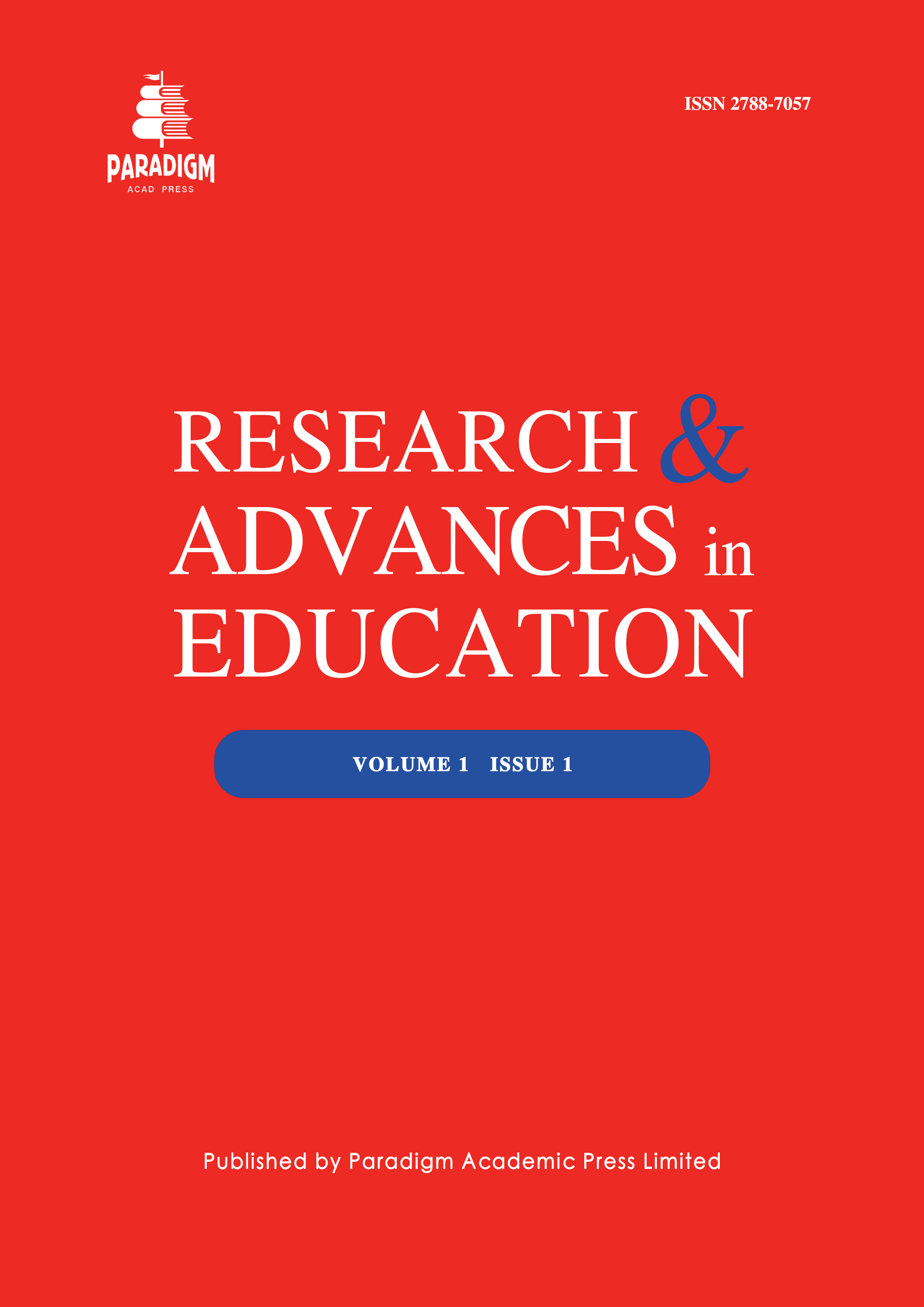Impact of Personalized Learning Pathways Based on Felder-Silverman Learning Styles on Students’ Metacognitive Regulation Skills in Estonia
Keywords:
personalized learning, Felder-Silverman Learning Styles Model, metacognitive regulation, self-regulated learning, adaptive educationAbstract
Personalized learning pathways based on the Felder-Silverman Learning Styles Model (FSLSM) have gained attention for their potential to enhance self-regulated learning and cognitive development. Estonia, a global leader in digital education and competency-based learning, has integrated adaptive learning technologies and student-centered instructional models to align with individual learning preferences. This study explores the impact of personalized learning pathways on students’ metacognitive regulation skills, focusing on curriculum integration, teacher training, and learning outcomes.
Findings suggest that FSLSM-based personalized learning enhances student engagement, improves problem-solving skills, and strengthens metacognitive awareness. Estonia’s implementation of AI-driven adaptive learning tools, competency-based education, and digital feedback systems has contributed to higher student autonomy and improved critical thinking abilities. However, challenges remain, including teacher readiness, equity in technology access, and data privacy concerns.
To optimize the effectiveness of personalized learning, future initiatives should emphasize advanced AI-driven learning analytics, teacher professional development, and stronger data governance frameworks. Additionally, ensuring equitable access to personalized education models, particularly in underserved regions, is crucial for scalability and long-term success. By addressing these challenges, Estonia can further establish itself as a global leader in innovative, student-centered education, equipping learners with the cognitive flexibility, self-regulation, and problem-solving skills needed for lifelong learning.


